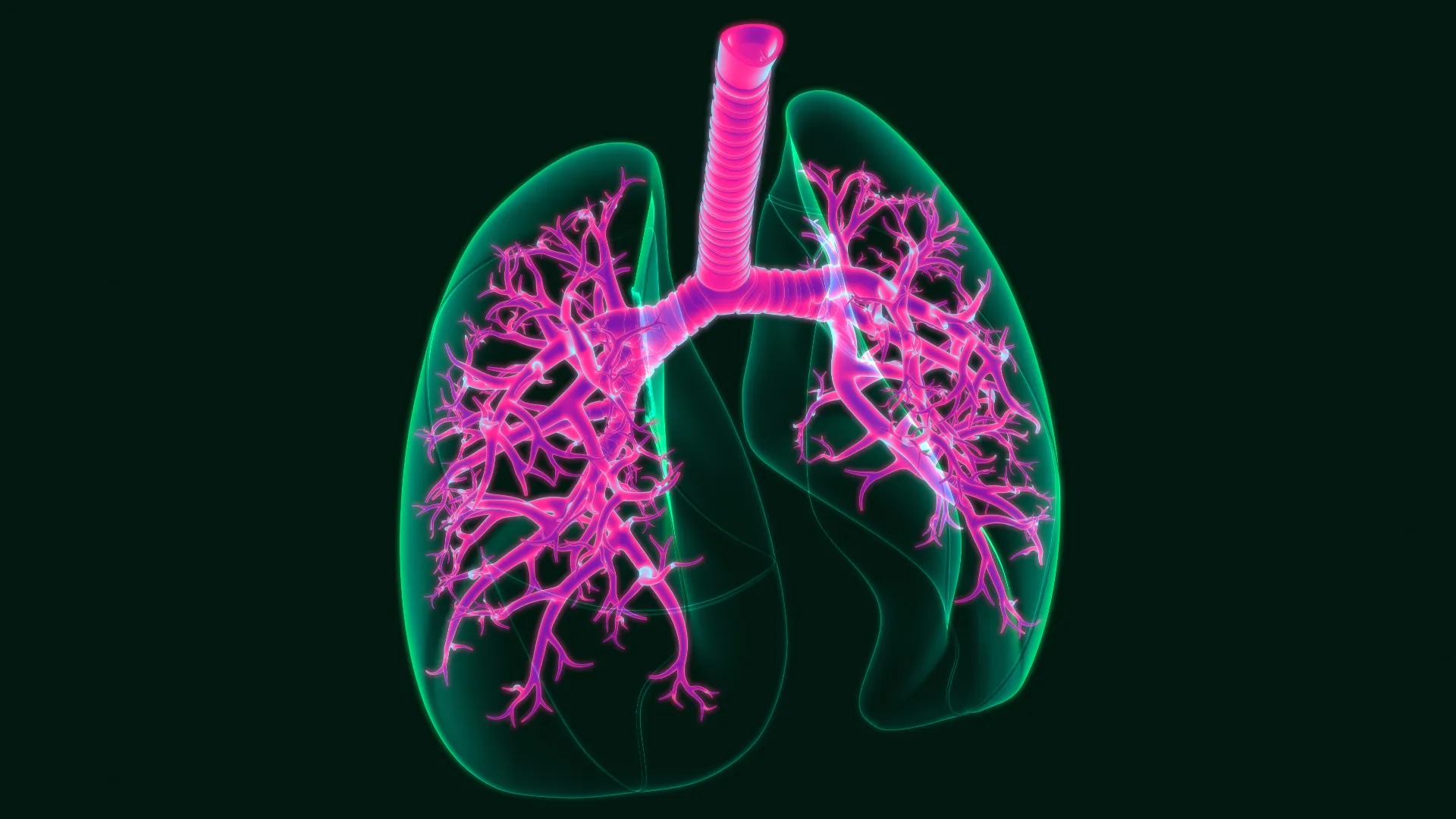Symptoms can vary based on the stage of mesothelioma, and it’s important to note that these symptoms can be subtle or easily confused with other less severe conditions. Here are common symptoms associated with each stage:
Stage I:
- Chest Pain: Typically occurs on the side of the affected lung.
- Shortness of Breath: Due to fluid buildup around the lung (pleural effusion).
- Persistent Cough: May include coughing up blood (hemoptysis).
- Unexplained Weight Loss: Often accompanied by loss of appetite.
- Fatigue: Feeling tired or weak more often than usual.
- Respiratory Issues: Difficulty breathing or catching breath.
Stage II:
- Worsening Symptoms: Symptoms of stage I may intensify.
- Difficulty Swallowing: Due to tumor growth affecting the esophagus.
- Pain: May spread to the shoulder or arm on the affected side.
- Fever or Sweating: May accompany as a result of the disease progression.
- Hoarseness: Caused by the involvement of the laryngeal nerves.
Stage III:
- Severe Symptoms: Symptoms from earlier stages become more severe.
- Severe Chest Pain: Due to tumor spreading and affecting nerve endings.
- Further Weight Loss: Continued loss of appetite and unintended weight loss.
- Increased Difficulty Breathing: Often due to significant tumor growth.
- Fatigue and Weakness: Persistent and more pronounced.
Stage IV:
- Advanced Symptoms: Symptoms are severe and widespread.
- Extreme Difficulty Breathing: Caused by extensive tumor spread.
- Significant Pain: Throughout the body due to metastasis to distant areas.
- Cachexia: Severe weight loss and muscle wasting.
- Fluid Buildup: Excessive fluid accumulation in the abdomen (ascites) or other areas.
- Nerve Impingement: Numbness, muscle weakness, or paralysis due to nerve compression.
It’s important to note that these symptoms can overlap between stages, and some individuals may not exhibit all of these symptoms. Also, the specific symptoms can vary depending on the type of mesothelioma (pleural, peritoneal, pericardial, or testicular). Early detection and diagnosis are crucial for effective treatment, so anyone experiencing persistent symptoms, especially those with a history of asbestos exposure, should seek medical attention promptly.
